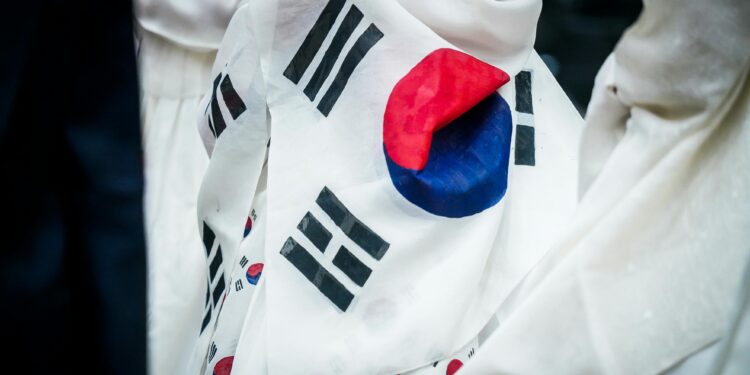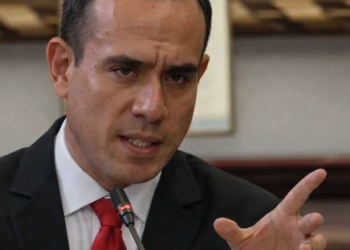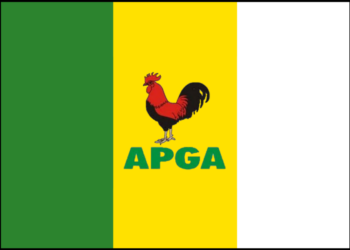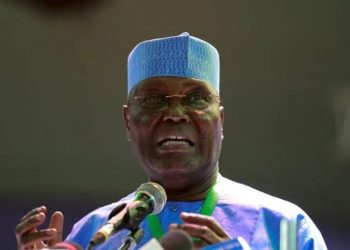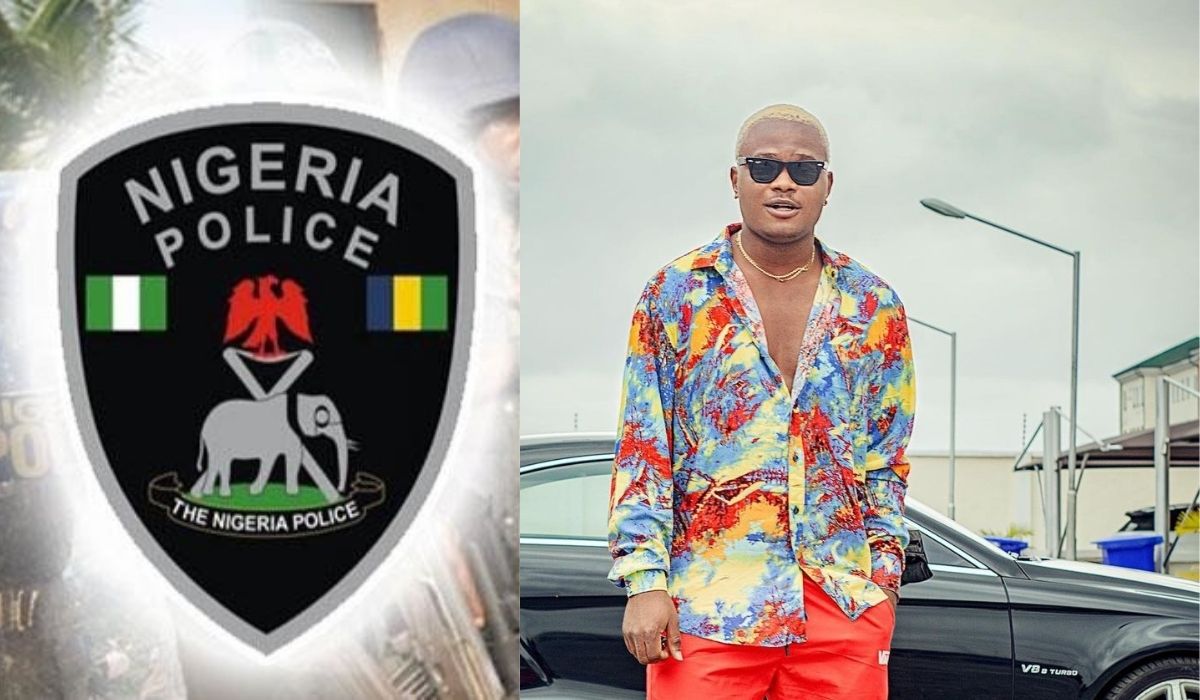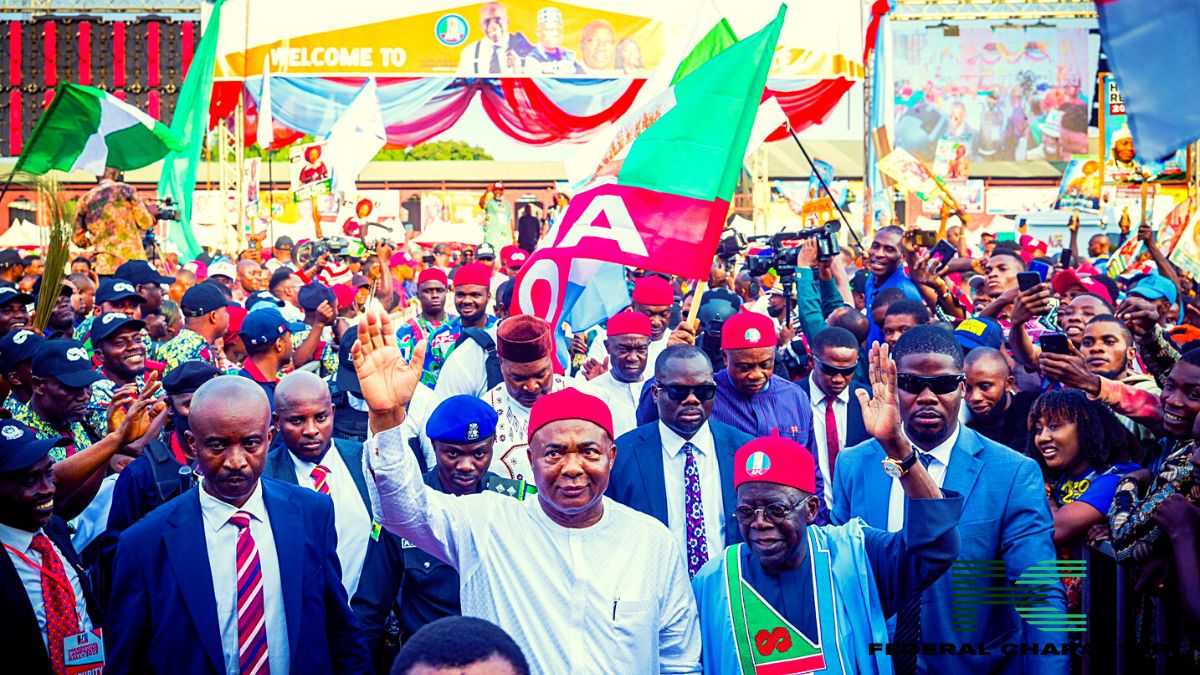Prime Minister Han Duck-soo, a veteran technocrat, has stepped into the role of South Korea’s acting president following the impeachment of President Yoon Suk Yeol. The impeachment, which came in the wake of Yoon’s controversial and short-lived attempt to impose martial law, has thrust Han into the spotlight as the country faces its gravest political crisis in decades.
A Veteran Leader with a Broad Portfolio
Han, 75, is no stranger to leadership. Over three decades, he has served under five presidents from both conservative and liberal parties, occupying key positions including ambassador to the United States, finance minister, trade minister, and head of various think tanks and organizations. This extensive and bipartisan career has earned him a reputation as a rational, pragmatic leader whose expertise transcends political divides.
Armed with a doctorate in economics from Harvard University, Han has been a key figure in South Korean politics, especially in economic, trade, and diplomatic matters. His moderate demeanor and tireless work ethic have made him a go-to leader in times of uncertainty.

Challenges Ahead
Han’s role as acting president comes at a critical juncture. He must ensure the government continues to function despite deep political divisions, manage a slowing economy, and address ongoing threats from nuclear-armed North Korea.
However, his leadership could face legal hurdles. Han is under scrutiny for his role in the martial law decision, with the opposition Democratic Party filing a complaint to include him in investigations. If parliament impeaches Han, the finance minister would be next in line to take over as acting president.
Bridging the Gap Between Politics and Diplomacy
Han’s experience on the international stage is a significant asset during this turbulent period. As South Korea’s ambassador to the United States in 2009, he played a pivotal role in securing the U.S.-South Korea Free Trade Agreement, which was approved by Congress in 2011. Fluent in English and well-versed in diplomacy, Han worked closely with U.S. leaders, including then-Vice President Joe Biden.
Domestically, Han has earned respect for maintaining neutrality despite serving under five different presidents. “He is a civil servant through and through who didn’t take on a political colour,” said a former high-ranking official.
Limited Powers, Uncertain Future
South Korea’s constitution requires the prime minister to take over as acting president during a suspension, but it remains ambiguous about the extent of the prime minister’s authority in this role. While most scholars believe the acting president is limited to preventing government paralysis, others argue the acting leader can wield full presidential powers.
Han’s tenure could last for months until the Constitutional Court rules on Yoon’s impeachment. If Yoon is removed, a presidential election must be held within 60 days, during which Han will remain at the helm.

